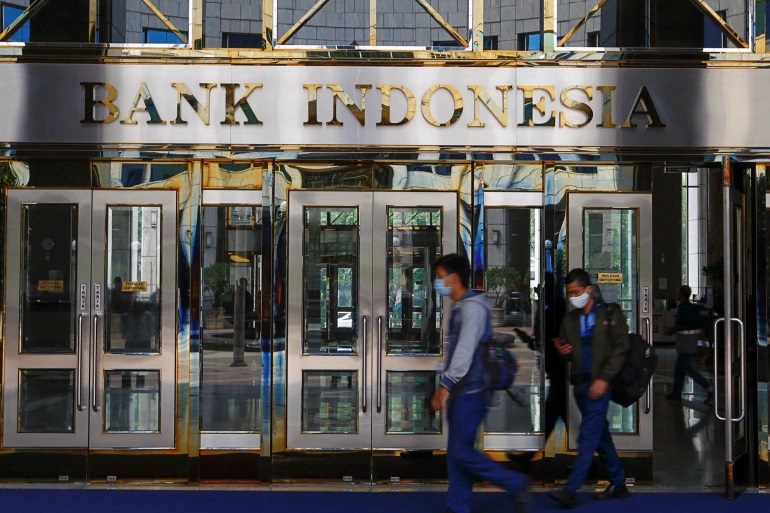With exploitative interest frowned upon in Islamic law, bankers are quitting traditional banks, creating hiring woes.
By REUTERS
(ALJAZEERA) A rise in religious conservatism in Indonesia is drawing talent away from what some view as “un-Islamic” jobs in banking, industry professionals say, creating hiring woes for conventional banks but a boon for the country’s fledgling Islamic finance sector.
The trend comes amid a broader societal change in the world’s biggest Muslim-majority country, driven by millions of young, “born-again” Muslims embracing stricter interpretations of Islam.
Reuters spoke to a dozen industry sources about how concern over Islamic law barring exploitative interest payments, known as “riba”, is reverberating through the world of Indonesian finance.
Since 2018, hiring for banks and fintech companies in peer-to-peer lending, payments and investment platforms has been more challenging, said Rini Kusumawardhani, a finance sector recruiter at Robert Walters Indonesia.
“Roughly speaking, 15 out of 50 candidates” would refuse a job within conventional banking and peer-to-peer lending, she told Reuters. “Their reason was quite clear-cut. They wanted to avoid riba.”
Islamic scholars do not all agree on what constitutes riba. Some say interest on a bank loan is an example, but others say that while such loans should be discouraged, they are not sinful.
“It’s so common that the stigma is if one borrows it’s identical with riba,” finance minister Sri Mulyani Indrawati told a webinar on the Islamic economy earlier this year. “But loans are allowed in the Quran as long as they’re taken carefully and they’re recorded correctly.”
Islamic banking accounts for just over 6 percent of the roughly $634bn assets in Indonesia’s banking industry – but has seen tremendous growth in recent years. Savings in Islamic banks jumped 80 percent from end-2018 to March 2021, outstripping the 18 percent growth in conventional counterparts, while financing also grew faster than conventional loan growth.
